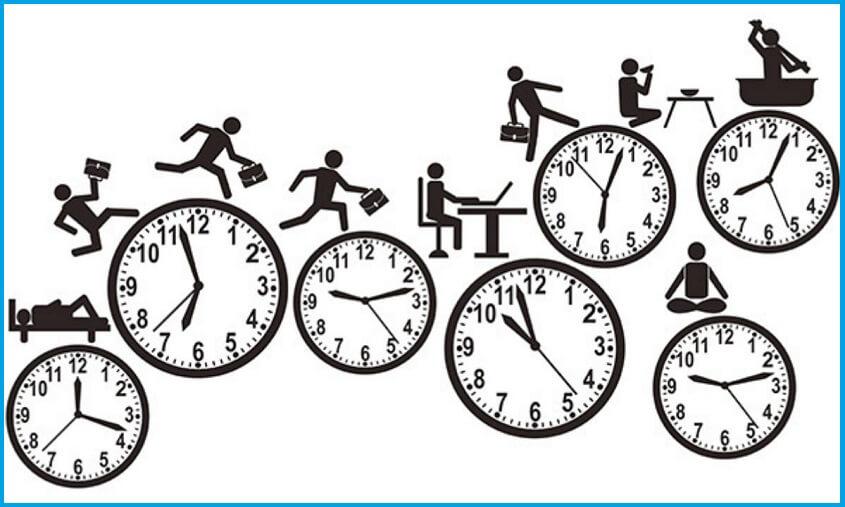How to Leave Work at Work and Avoid Working Weekends?
In today’s fast world, work means the world to a lot of us. We are working continuously even while we are not physically present at the workplace. As technology is surrounding us all the time, it is almost impossible to disconnect ourselves from work. In this fast work race, we quite often ignore the other important things in our life. Though work is important, it should be done in a balanced way so that it doesn’t affect work-life balance. In this article, we will discuss how to leave work at work.
Leave Work at Work
Some latest investigations prove that productivity levels decrease significantly if we work over 40 hours a week, there should be sufficient time to relax and just let go, spend quality time with family and buddies, and do other extracurricular things in life you find happiness and relaxation in.
Pay attention to your rest

Treat breaks work as a necessity for your body to proceed with physical and mental health. Breaks are necessary as they serve to decrease pressure and exhaustion, stop burnouts and procrastinate. Usually, if you leave yourself to take time off it will pay back during the workweek. This is something you earn and should address with regard and recognition – like a doctor's prescription. Sleep is essential for our well-being, the same is rest after continuous working hours.
Secure your free time

Try to find out the ways to protect your valuable time off. It may be advantageous to turn your phone to the silent mode and put your laptop in a separate room from where you spend your free time. The less you use your means of communication with work the better. It doesn’t mean you are out of reach in case of an emergency in the office, just be adaptable. You can check your e-mail box in the evening after dinner and check for missed calls on your phone a couple of times a day. Technically you are still accessible to reach out, but on weekends and holidays, you should take control of your time, not your supervisor or co-workers.
Don’t make working weekends a norm

Of course, there are times when most of us have to take work home. It is sad but unavoidable. It is OK if it is not often. Just make sure though it is not becoming a regular practice. Yes, it can happen, but do not let it become a habit. Learn to say no if your manager violates your duty time. The ideal way to do it is to prioritize tasks and present your manager with practical time estimates on each of them. In case something critical comes your way on Friday, delay all the other tasks and concentrate on the new one to be able to complete it before the weekend begins.
Plan ahead your free time

If you have a precise knowledge of the stuff you will do after work it will be more comfortable to forget about your project and tasks. For instance, make two to-do-lists: one for work and one for time off. If you manage them fairly as two phases of your time, you will be still in the business mode when you have to do things and have deadlines to meet. This will assist you to avoid a compulsion to return back to work after breaks and will leave a sense of achievement from free time well spent.
Make routines

It is in human nature that they get used to a routine. The most helpful thing is to set a specific pattern to your life that covers working hours and free time. It may seem shallow but there should be a definite borderline between various kinds of our routine activities. Routines bring order to our lives and decrease stress and anxiety. They are an efficient time management tool known from an early age.
All the above-mentioned tricks will not need a lot of stress or extra time from you. Look for simple time management tips that will help you to improve your life-work balance. The important thing is to understand the importance to leave your work at work and keep up with your life.
